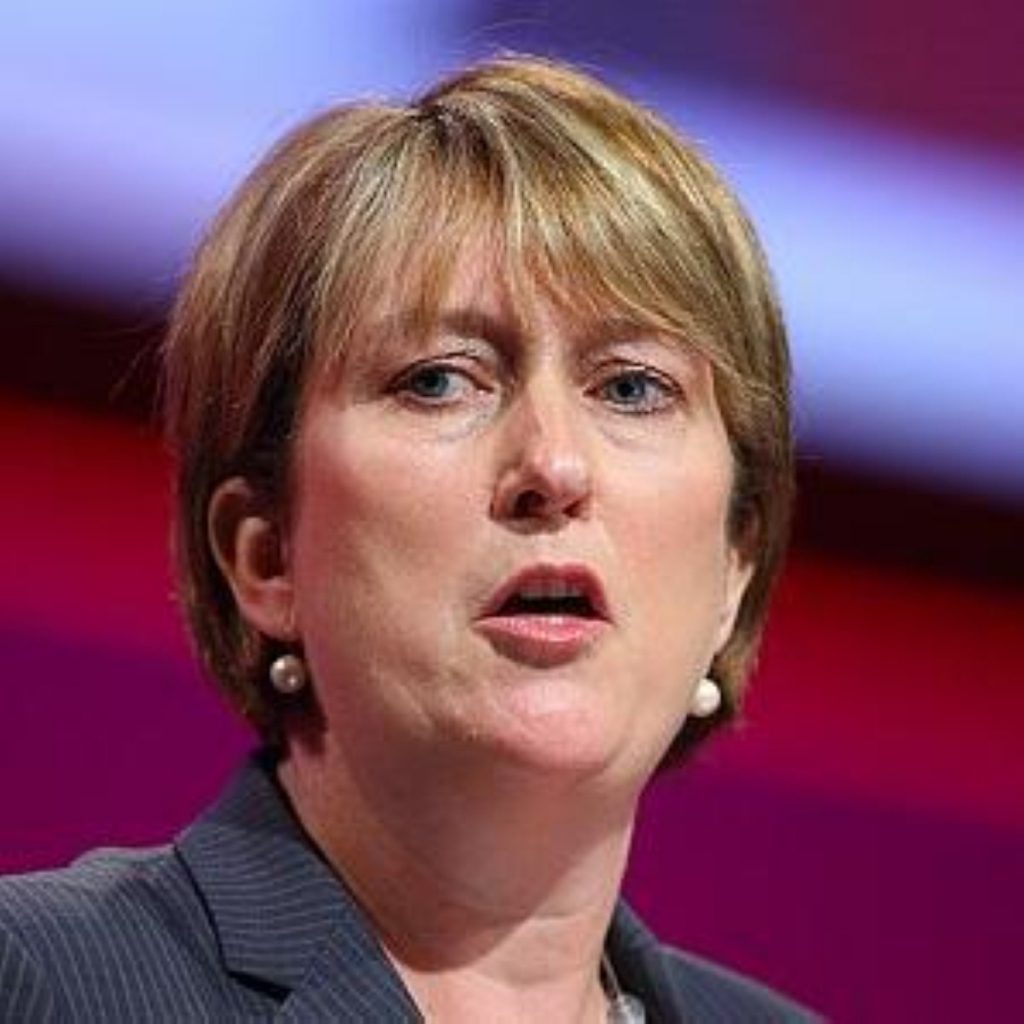Smith climbs down over phone-tap evidence
By Laura Miller
The home secretary has stepped away from controversial government plans to use intercept evidence in UK trials.
In a distinct change of tone, Ms Smith said key obstacles might force the government to reconsider allowing the evidence from phone taps, recordings from police and the security services, and email surveillance, to be used in terrorism and serious crime cases.
She added that it is possible that “no practical solutions” may be found.


Uncertainty from the Home Office over the issue marks a clear difference from Gordon Brown’s robust rhetoric last year, when he said intercept evidence should be admitted in trials provided national security is not put at risk.
Miss Smith, referring to an initial report from a group of Privy Counsellors monitoring the plans to use sensitive material in public trials, said: “If the results indicate that there is no practical solution, they should be accepted.”
But she added: “Equally, if it is necessary to take further time to iron out the detail of an apparently workable solution, we should do so rather than be driven by the legislative timetable.”
One large “detail” is likely to be fears of an unequal trade-off between the value intercept evidence could provide in a terrorism trial, and the risk of revealing MI5 and MI6 methods.
And intercept might not even be possible in the most complex terror cases, according to the Counsellors’ report.
Sir John Chilcot, who headed the original review of intercept, said “a note of caution” should accompany progress so far.
He said: “There remain key issues to resolve, in particular in terms of reconciling legal and operational requirements in complex counter-terrorism and serious organised crime cases.”
The Tories, who are in favour of using intercept evidence in UK courts, have criticised the government for the slow progress of the review process, with shadow home secretary Chris Grayling saying it took “much too long”.
“If the government hadn’t dithered and had taken our advice years ago, that intercept evidence in court would be an important weapon in the battle against terrorism, then all of this could have been resolved already,” he said.
The interim report by the advisory group of Privy Counsellors remained hopeful it would see legislation to allow measures to be brought forward next year.









